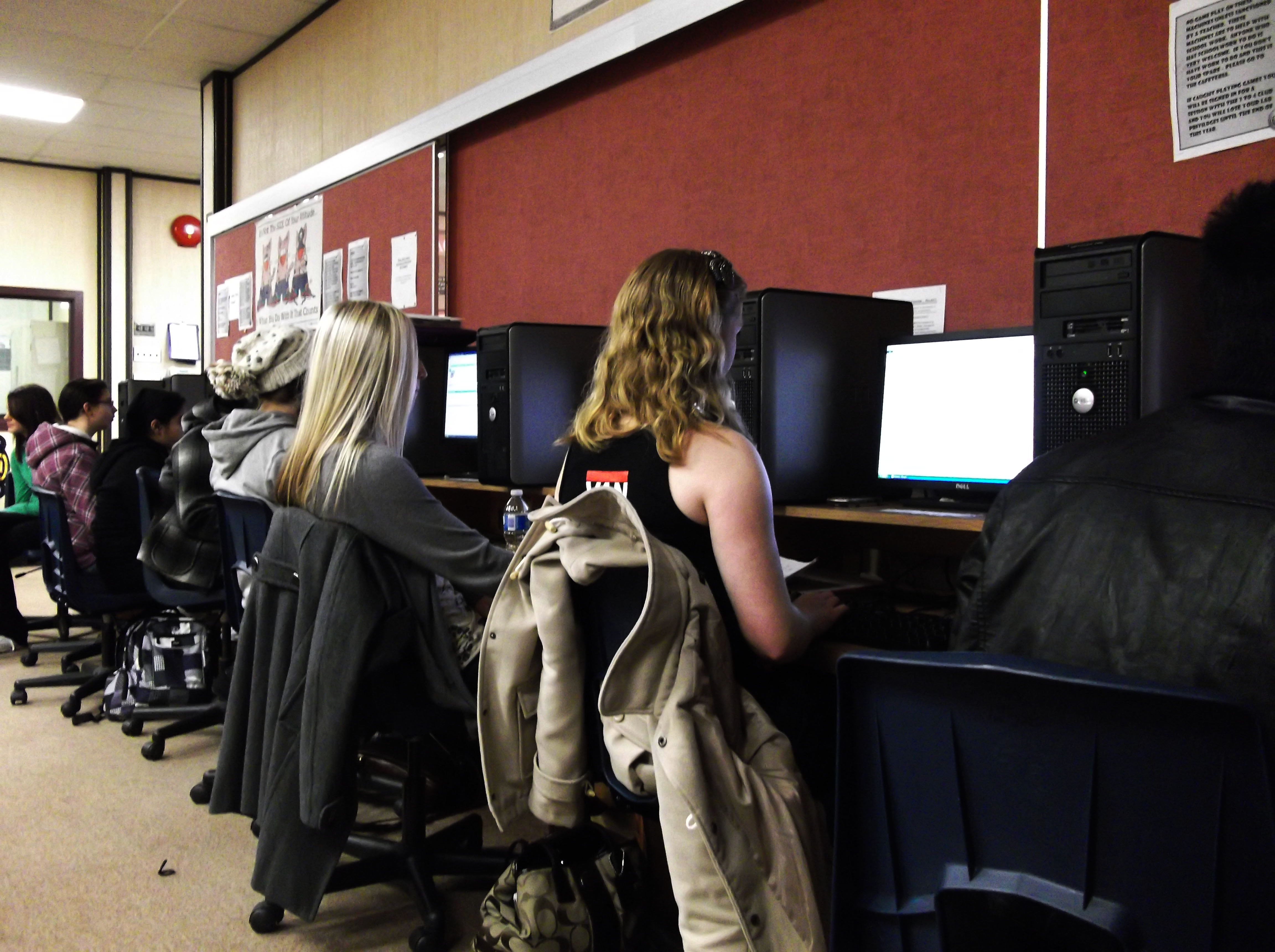General
E-Safety
Online Resources for Yeovil College Staff, Parents and Students

E-Safety
Online Resources for Yeovil College Staff, Parents and Students

E-safety Information for Staff
This section provides information, links and resources
especially for staff working with a variety of learners at FE/HE level.

Provided by the UK Safer Internet Centre, this helpline is for professionals who work with children in the UK. It is co-ordinated in partnership by: Childnet international, the South West Grid for Learning and the Internet Watch Foundation.It is co-funded by the European Commission.
The CEOP (Child Exploitation and Online Protection) Centre website.
Online resource providing comprehensive information and advice on a variety of e-safety topics.
Provided by the CEOP Centre, this website is aimed at children and young people, with age-appropriate advice, resources and activities, and also sections for teachers, parents and carers.
Resources, guidance and information for professionals to raise awareness of online sexual harassment amongst young people aged 13-17 years and to increase reporting.
Comprehensive topics and guidance for teachers and educational staff
Excellent online guidance materials for any non-teaching staff working in FE - including what to look for regarding use of technology, social media and online activity.
How should teaching and professional staff working in education handle social media? Useful online guide dealing with frequently asked questions.
Comprehensive guide for schools and education providers about the use of social media for extremist purposes.
Online safety calendar for the current year offering ways to add e-safety into curriculum.
From the Safer Internet Centre, this helpline provides support with all aspects of digital and online issues, offering signposting, advice and mediation.
This checklist is designed for teachers and professionals working in education to work through and assess how they would deal with different e-safety issues arising in their personal and professional lives.
Comprehensive guide discussing evaluation of reliability online
Online resource for teachers and lecturers on how to prepare and run pro-active sessions on e-safety. Links to further information.
Dealing with Online Discrimination and Cyberbullying
This insightful factsheet from Cyberbullying.Org has detailed statistics and information about the instances of cyberbullying towards LGBTQI+ teens, and how to resolve the issue in schools and colleges.
Moving article and thinkpiece about the tragic suicide of a young gay man after experiencing homophobic cyberbullying and image sharing.
This short guide is designed to help LGBTQA+ teenagers and young adults deal with online issues, such as targeted cyberbullying, online homophobia and transphobia.
You will find useful information, resources and links to websites and organisations.
An online safety teaching toolkit for educators to deliver to young people with SEND.
Downloadable parent and carer's guide to internet safety, from the Cerebra charity website.
Comprehensive guide from Report-It.Org about internet hate crime of all descriptions, what the law says and how to deal with it.